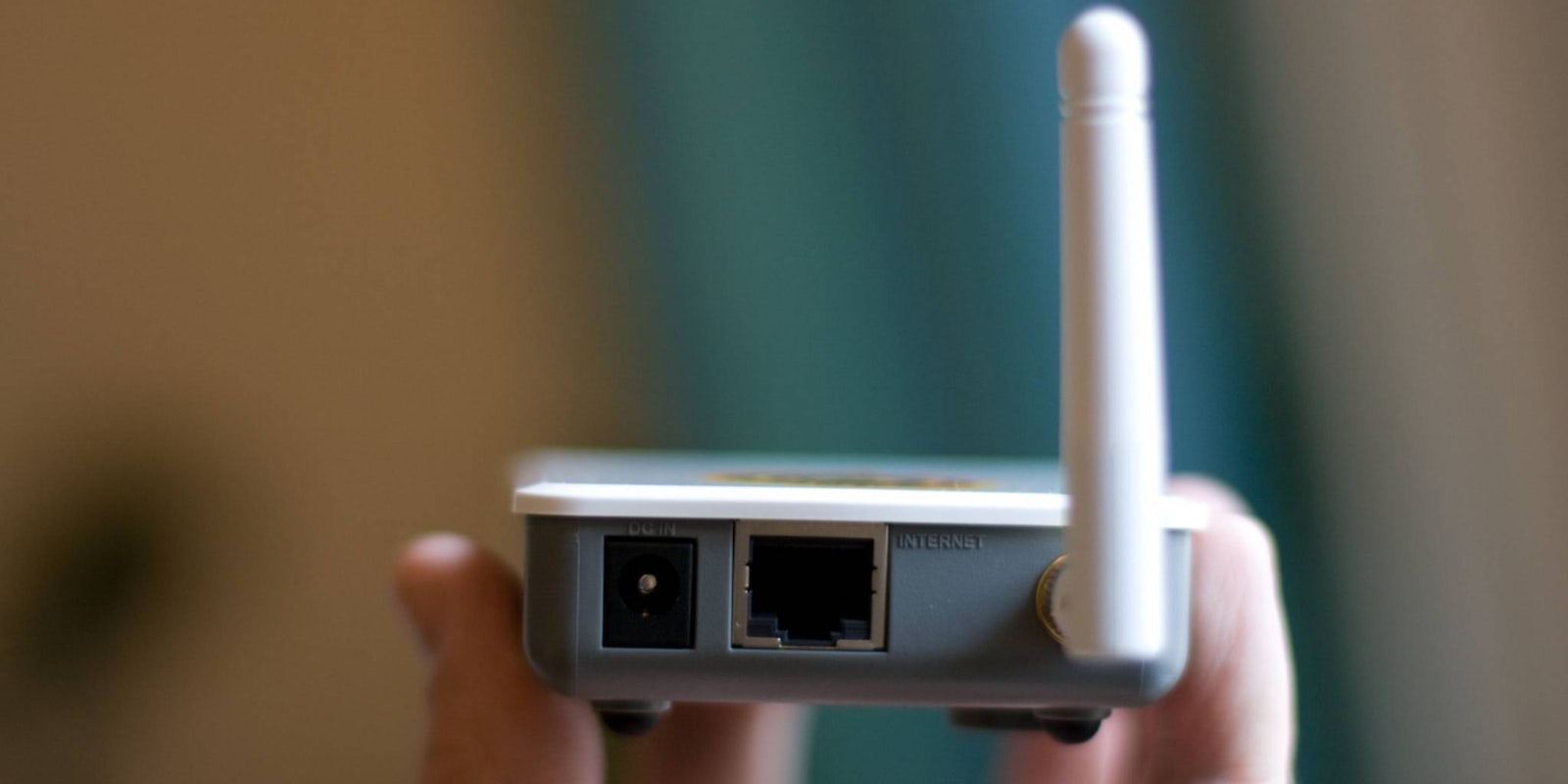Less than a day after the Federal Communications Commission expanded phone subsidies for low-income Americans to cover Internet service, Congress is considering ways to cap the cost of that program.
A spokesman for the House Energy and Commerce Committee told the Daily Dot that lawmakers on the Communications and Technology Subcommittee would look at Rep. Austin Scott (R-Ga.)’s bill capping total annual Lifeline subsidies at $1.5 billion sometime this month.
The FCC on Thursday expanded Lifeline, which began in 1985 as a phone-subsidy program, to cover broadband Internet service, in an attempt to help close the persistent connectivity gap between lower- and upper-income Americans.
A spokesman for Senate Commerce Committee Chairman John Thune (R-S.D.) did not respond to an email asking whether Thune wanted to see companion legislation to the House bill in the upper chamber.
An FCC spokeswoman declined to comment on the bill.
The Lifeline program has been marred by fraud and abuse, and the commission took steps in its expansion plan to limit wasteful spending. ISPs previously verified applicants’ eligibility for subsidies themselves, which created a conflict of interest, because the ISPs could approve people who didn’t merit subsidies, effectively earning illegitimate subsidy payments from the program. From now on, an independent third party will verify all Lifeline applications.
The meeting during which the commission voted to expand the program was delayed several hours as Republican commissioners Ajit Pai and Michael O’Reilly negotiated with Democratic commissioner Mignon Clyburn for a $2 billion cap on the program’s total costs, but that deal fell apart.
Pai said during remarks at the meeting that he, O’Reilly, and Clyburn had agreed on a plan to modernize the program with cost constraints but that FCC Chairman Tom Wheeler convinced Clyburn to abandon the agreement.
Let’s be clear Commissioner Clyburn agreed to exact language on the 2 billion cap. It is in writing.
— Matthew Berry (@MatthewBerryDC) March 31, 2016
Clyburn denied backing out of the deal under pressure from Wheeler. “I negotiated in good faith to have a budget mechanism in place, that ensures millions of new households will have the opportunity to afford advanced telecommunications services,” she said at the meeting. “Upon further deliberation, I concluded that such a mechanism could not fully achieve my vision of a 21st century Lifeline program.”
Congressional Republicans have pushed several bills designed to limit the FCC’s regulations, from blocking funds for enforcement of its net neutrality rules to prohibiting it from regulating Internet prices. Conservative lawmakers have also expressed support for lawsuits targeting the FCC’s rulemaking on net neutrality and city-run broadband service.


